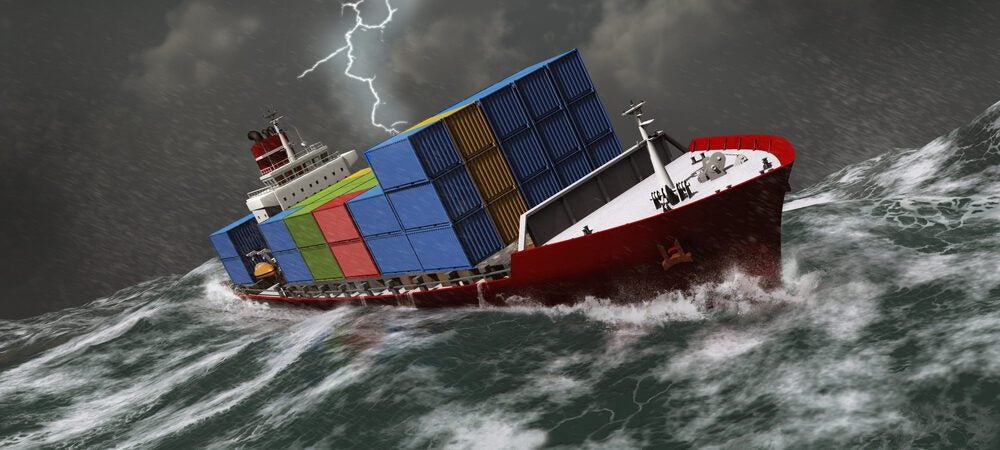International trade has always been at the intersection of politics and economics. However, for mid-sized businesses operating across borders it is at the factory gate and in boardrooms. Tariffs are no longer abstract policy instruments. They are direct threats to business viability, eroding margins, disrupting supply chains and turning once reliable trade routes into high-risk ones.
The businesses most exposed to these shifts are not necessarily the largest exporters or global conglomerates. They are the mid-corporate manufacturers, agri-processors and industrial suppliers (commodity traders) with local resilience and global ambition. They are deeply embedded in international supply chains but often too lean to hedge their way out of trouble.
We are entering an era where agility, not scale, will determine survival. And that requires a new kind of financial partnership. Clients are no longer just asking, “Can you fund this transaction?” They’re asking, “Can you help me make sense of what’s happening and what’s coming?” Clients want guidance on structuring deals before exposure; insights into alternative routes and supplier strategies; clarity on regulatory friction points; and an understanding of the ethical implications of origin practices.
Many are navigating the grey area between merchanting and origin washing. The former adds legitimate value through partial processing in a second jurisdiction. The latter involves deliberately rerouting goods through a third country to conceal their true origin and evade higher tariffs, risking violations of customs laws and international trade agreements. Understanding this distinction is not just legal housekeeping; it is critical to maintaining access to global markets.
We are seeing SA firms explore routing goods through neighbouring countries to reduce tariff exposure. Done right, this can be a sound, compliance-managed strategy. Done poorly, it invites penalties, reputational damage and regulatory scrutiny. That nuance matters.
Take the steel sector, for example. Margins were already narrow. Add a 10% import duty or the potential expiry of African Growth & Opportunity Act (Agoa) preferential trade terms and suddenly the business model no longer holds. This is not theoretical — we have seen mid-corporate steel clients step away from long-standing relationships, due not to a lack of credit but a lack of strategic insight.
The same applies in agriculture. Accessing overseas markets is not just about certificates and compliance, it’s about understanding cultural dynamics and translating that understanding into effective pricing, packaging and positioning. Consider macadamia nuts: in many Asian markets they are seen not as a commodity but as a high-end gift. That changes everything about how the transaction is approached. Yet too often businesses are left to navigate this alone.
Trade no longer fits neatly within the boundaries of a single institution. It is a shared ecosystem. Banks, freight operators, fintech platforms, customs agents and regional logistics providers all play a role. Success lies in aligning these moving parts. In this context the bank’s role is to integrate — to bring clarity to funding structures, contract design and risk management — without trying to control every node in the chain.
That might mean incorporating conditional pricing clauses into facility agreements, where tariffs above a certain threshold automatically trigger pricing adjustments. Or supporting offshore payments to mitigate liquidity risk in dollar-scarce jurisdictions. These are not complex financial instruments — they are practical tools for managing volatility.
What is emerging is a clear divide between those with scale and those with strategy. Large firms can absorb disruption by spreading risk. Mid-corporate firms often cannot. One poorly structured contract or mistimed shipment can mean the difference between growth and insolvency. That is why financial institutions must act not just as lenders, but as strategic partners through trusted trade advisory. The right insight, delivered early and applied practically, can protect margins, preserve viability and unlock new markets.
We are entering a world where regulatory fragmentation and political posturing are constants. That is the new global trade environment. But within it opportunities still exist for those equipped to navigate uncertainty with confidence. In trade, as in finance, resilience is not about knowing what will happen. It is about being prepared when it does.
Naidoo is head of treasury & trade management at Nedbank.
To read the opinion as it was originally published by BusinessLIVE, click here.


